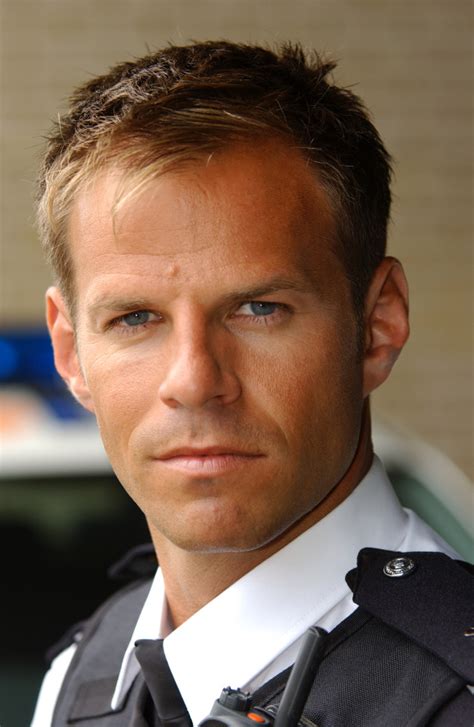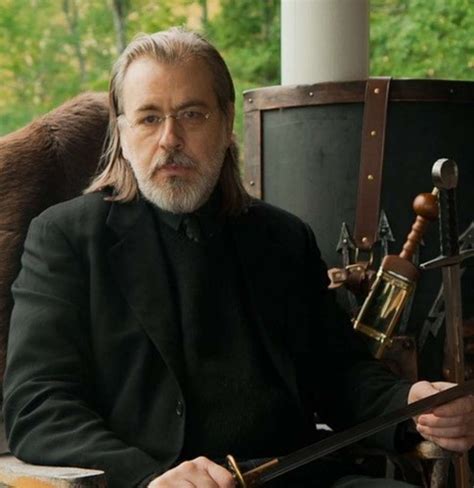A Quote by Anne Fadiman
I always wanted to be a writer, and I did want to be a novelist. In college I took a couple of classes that taught me I would never be a novelist. I discovered I had no imagination. My short stories were always thinly veiled memoir.
Related Quotes
In terms of style, I think the memoirist should have a novelist's skill and all the elements of a novelist's toolbox. When I read a memoir, I want to really, deeply experience what the author experienced. I want to see the characters and hear the way they speak and understand how they think. And so in that way, writing a memoir feels similar to writing a novel.
I you're writing memoir, but it even comes up in fiction. People just assume that you're writing thinly veiled autobiography. And particularly, I think, for people of color, our work is always seen as kind of anthropological artifact regardless. So, there's always going to be that assumption, but even more so in a memoir because often the names aren't even changed. It is easier to verify.
I think I have always sort of cultivated a flowery writing style. I've always sort of over - written in every genre that I've attempted. I went to college and took a couple of writing classes and I remember my teachers were always incredibly encouraging. But it was inevitable to get the criticism: "Take it down a notch!" But the nice thing about screenwriting is that you don't really have to.


































